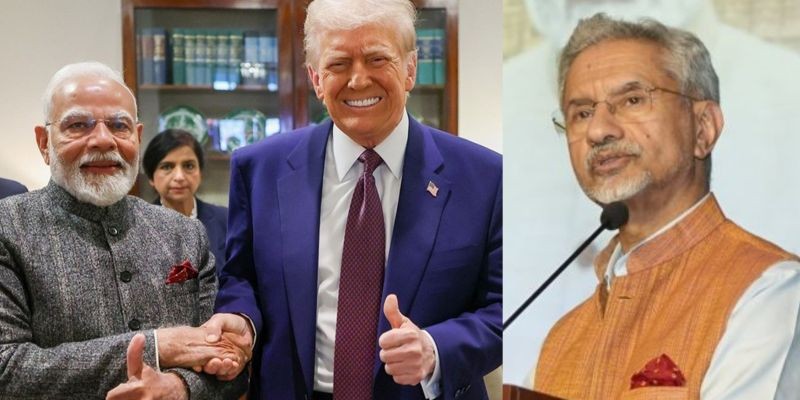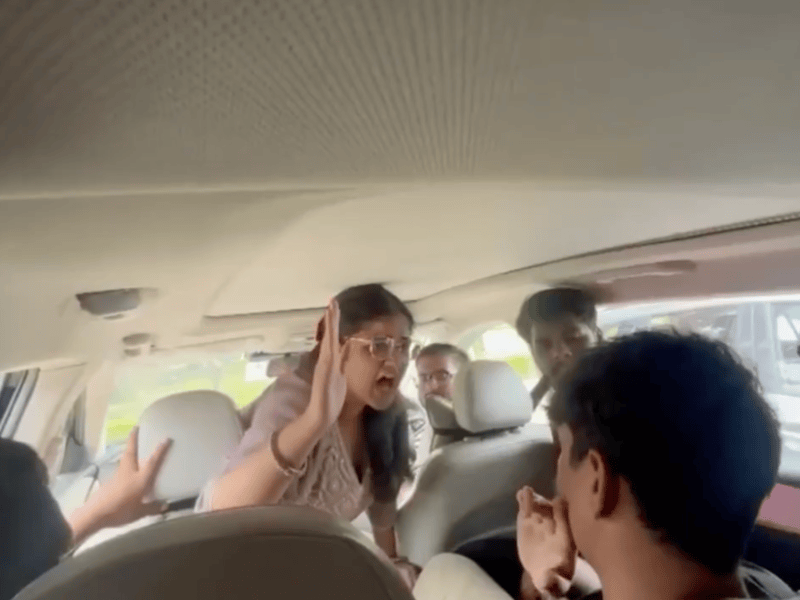Pakistan's media graveyard: Balochistan worse off

Confirming assessments of media freedom and human rights bodies, Pakistan has emerged as the media’s ‘graveyard’ with its restive Balochistan province emerging as its epicentre.
While successive governments are liable for a weak law that is absent in many cases, The Express Tribune newspaper quoted official documents on January 20 this year that show that at least 42 journalists were killed in Pakistan during the last four years (2019-2022).
Topping the list is Balochistan which shows an eerily similar figure of 41 journalists being killed in the southern province alone in the last 16 years.
Highlighting the sordid saga is the fact that the accused were arrested in only one of the cases and one was killed in an encounter by the law-keepers, leaving no clear record of the investigation and judicial process.
The methods of elimination of journalists vary from abduction and killing in detention, targeting while travelling and in the bomb blast, again leaving the course of justice opaque.
Each regime has its own set of denials while they use the same law-keeping agencies to silence the media.
They brazenly deny that there is any attack on media freedom.
The case of Imran Khan became glaring some years ago because he was confronted at a media interaction in London.
The Express Tribune cited documents submitted by the information ministry in the Pakistan Senate that of the 42, 15 journalists were killed in Punjab, 11 in Sindh, 13 in Khyber Pakhtunkhwa (K-P), and three in Balochistan.
These figures are disputed by the rights bodies that say the actual incidence is much higher.
Parliamentary Affairs Minister Murtaza Javed Abbasi said that it was only in one of the 42 cases that the accused was arrested for the murder of a journalist.
The Senate directed the Ministry of Interior to submit a comprehensive report on the killing of journalists in Pakistan. No such report has been made so far.
Senator Danesh Kumar disagreed with the official numbers and charged that the Ministry of Information was ‘unaware’ that not three, but more than 10 journalists have been killed in Balochistan.
Senator Mushtaq Ahmed noted that no arrests have been made in the attacks on journalists Hamid Mir, Absar Alam, Asad Toor, and Matiullah Jan.
There were protests, debate and the government of the day promised action. But there was no action.
Senator Kamran Murtaza said journalists lose their lives in search of the truth. Questioning the lack of basic information, he said: "If it comes out who the murdered journalists were active against, the murderers will also be caught."
Across Pakistan, but especially in Balochistan, many journalists are either co-opted by the government and its agencies or by militant bodies.
They have no escape. Their political affiliation and partisan journalism endanger their security.
According to the Balochistan Union of Journalists (BUJ), of the 41 persons killed in the province in the last 16 years, 30 scribes and their relatives became victims of target killings, while 11 journalists were killed in bomb blasts.
Khuzdar and Turbat are considered turbulent and disturbed areas of Balochistan where families of scribes are also targeted.
In the past few years, seven journalists and two young sons of a senior journalist have been killed in Khuzdar, while 6 journalists lost their lives in the line of duty in Turbat.
There was a time in Khuzdar when many journalists had been forced to leave the area following continuous bomb blasts.
The press club had to be locked down.
According to Manzoor Baloch, the accused of journalist Irshad Mastuni’s murder was killed in a police encounter, while the murderer of Abdul Wahid Raisani was acquitted by the court.
No credible facts could come to the fore in connection with the killing of other journalists. Baloch journalists operate in very difficult conditions.
District representatives of newspapers and TV channels aren’t even paid salaries and are asked to work by merely providing press cards and mics.
BUJ General Secretary Manzoor Baloch informed that the union provides all kinds of legal assistance to the family members of murdered journalists and tries to provide employment to their widows and children.
The Quetta Press Club formed a “Shuhada Welfare Trust’’ six years ago. Through this trust, the families of martyrs are given some financial aid on the occasion of Eidul Fitr and Eidul Azha. However, this aid is confined to Quetta victims.




